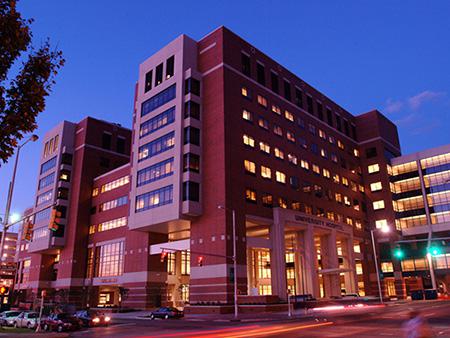Alabama Hospitals on Life Support as Dozens Face Closure Amid Pandemic-Related Losses
February 24, 2024 - Reading time: 2 minutes

More than a dozen rural hospitals in Alabama are at immediate risk of closing, according to the Center for Healthcare Quality and Payment and Reform’s annual study on the topic.
This is not an isolated incident; there was a similar situation in 2023 when some hospitals remained open despite being on life support. However, Danne Howard, the Deputy Director of the Alabama Hospital Association (AHA), warns that many small hospitals are still struggling and the situation remains dire.
Those within the AHA would not be surprised if a couple of rural hospitals reach this point in the short term. This is because state hospitals have lost $1.5 billion since the start of the pandemic, with closing the health insurance coverage gap being the main issue at play here, according to Howard. Nearly 300,000 low-income Alabamians fall into this coverage gap as they make too much to qualify for Medicaid but too little to afford private health insurance.
Howard states that Alabama’s hospitals provide more than $650 million in uncompensated care every single year, and the math for staying open doesn't add up. She explains, "Imagine any business that provides goods and services being required to give away for free whatever their goods or services are to everyone who walks in the door, regardless of their ability to pay for those goods and services. How long would those businesses stay in operation? Not long."
Alabama’s 51 rural hospitals provide care to about 2 million people each year, with 44% of Alabamians depending on these hospitals as their main source of healthcare. When asked about the specific hospitals most at risk, Howard declined to comment, reasoning that revealing this information could lead to a catastrophic domino effect for small towns since it's usually the largest employer in the area.
If a hospital closes, not only are jobs lost locally but also other businesses such as pharmacies and grocery stores may suffer due to reduced demand. To keep their doors open, Howard says her organization is working with lawmakers to try and close the health insurance coverage gap, which is hurting these small hospitals and their bottom line.

DW Staff
David Lintott is the Editor-in-Chief, leading our team of talented freelance journalists. He specializes in covering culture, sport, and society. Originally from the decaying seaside town of Eastbourne, he attributes his insightful world-weariness to his roots in this unique setting.



